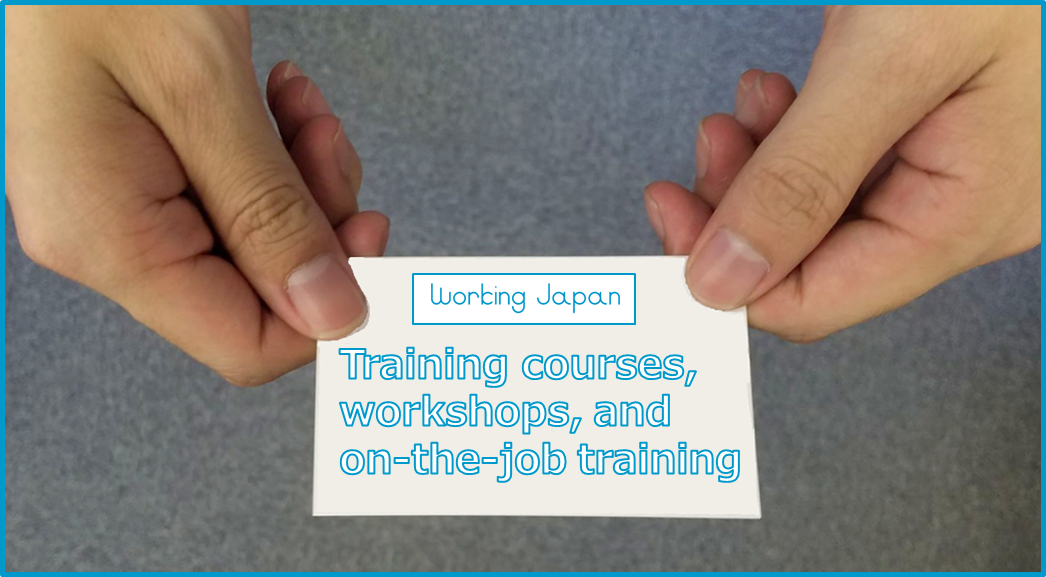
新しい働き方のかたち:ワーケーションで広がる可能性
仕事と旅、両方を楽しむ方法~ハンガリーワーケーション体験記(後編)~
仕事と旅、両方を楽しむ方法~ハンガリーワーケーション体験記(前編)~
夏じゃなくても夏休み!?柔軟に取得できる「フレックス休日」制度
未来の働き方推進フォーラムで、パネルディスカッションに参加しました
3時間半の時差を超えて、インドと日本がワンチームになるために ~インド子会社メンバー来日記録2025春~
企業理念をリニューアルしました
ランチタイムイベント「おべんと食べよ!」を開催しました
KTC合宿 ~お互いの価値観を知る事が、関係作りの第一歩~
休業・休職者の代替要員を支援する「すけだち報酬制度」を新たにスタート
Training courses, workshops, and on-the-job training
 April is the beginning of the new work year, and therefore a time when many young people enter the workforce. In Japan, many medium to large companies hire college graduates from many different majors and fields of study, and most new employees within the company receive the same basic training. Japan is a country with many social traditions, and since these skills are no longer common knowledge to many young people, these new employees typically undergo training to learn basic social and/or business skills.
April is the beginning of the new work year, and therefore a time when many young people enter the workforce. In Japan, many medium to large companies hire college graduates from many different majors and fields of study, and most new employees within the company receive the same basic training. Japan is a country with many social traditions, and since these skills are no longer common knowledge to many young people, these new employees typically undergo training to learn basic social and/or business skills.There are a few types of styles in which a company may train new employees, such as on-the-job training, in-house workshops, training courses from professionals, etc. On-the-job training is common in many places around the world, as are in-house workshops taught by older employees to new ones. These courses are dependent on the position and company, but a common practice recently in Japanese companies is for new recruits to be sent to workshops/training courses held by external companies. These workshops are specifically designed to teach basic professional workforce skills, such as:
・business manners, such as how to exchange business cards, how to bow, etc.
・greetings, effective spoken and written communication
・social status norms, such as seating order
・body language and appearance
As a non-Japanese person, many of these skills are completely foreign concepts, and it may seem like a lot to absorb all at once. However, many Japanese young people also do not know these skills, and those who know them may even have learned them incorrectly. Being a non-Japanese person does not necessarily mean having a disadvantage in this regard.
Learning these skills may seem daunting, and it may take time for them to come naturally, but they are useful skills that are beneficial in any field. These skills are a unique feature of Japanese business culture, and the fact that companies effectively provide opportunities to learn these skills is a benefit of working in a Japanese company.
-"N"










